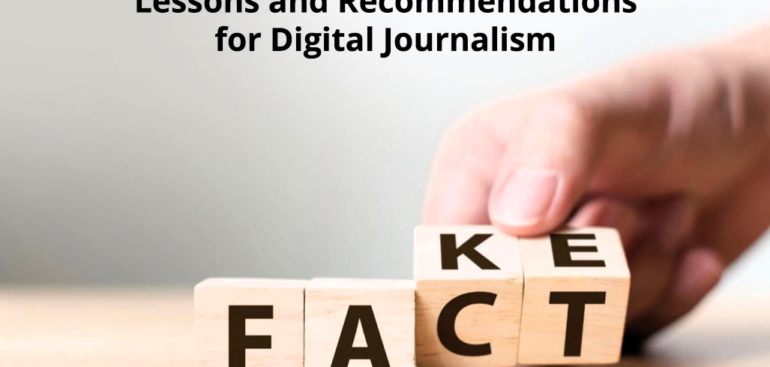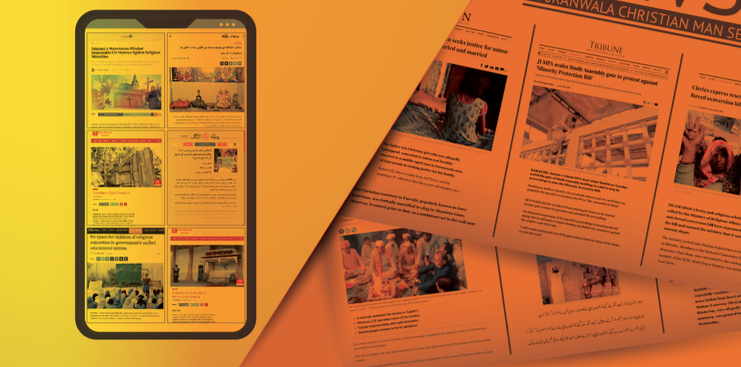Disinformation has arguably created severe risks for political and social development in Pakistan in recent years. The spread of false messages in the country, sometimes done through coordinated campaigns and influence operations, is not limited to cyberspace but is most prominently noticed online. Research evidence suggests that the diverse kinds and formats of disinformation observed in Pakistan have endangered public health, political stability, human rights, journalism, and peace in the recent past, especially during the years of the COVID-19 pandemic and the political upheaval and transition in 2022.
Click the below link to download the full PDF version of the report:



